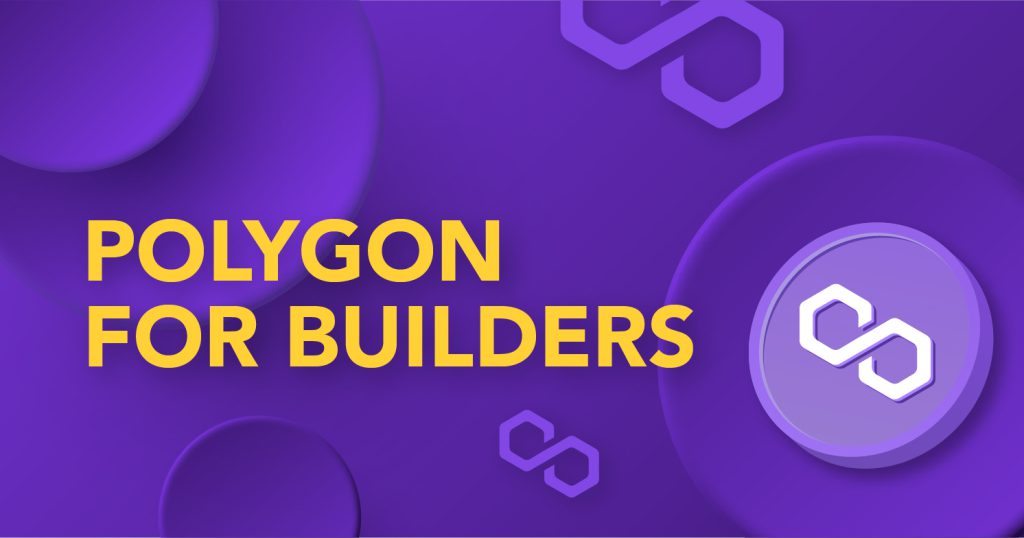Network Explorer Basics
Network explorer or more commonly known as blockchain explorer is an essential component of Web3.0. It draws data from the on-chain and presents it in a way that is easy to digest.
It allows users to track transactions, blocks, wallets, and other on-chain data from a high level.
The most popular network explorer out there is Etherscan. PolygonScan is the Polygon version of it.
Some key features of PolygonScan:
Block explorer: Basically, a Polygon blockchain search engine that provides user access to the blockchain data. Users just have to type in the address/token/contract on the search bar to look for the relevant data
Analyse transactions: Due to the open-source nature of crypto, all the transactions are transparent on the blockchain. Using PolygonScan, users are able to track fund movement, burns, mints, and other on-chain data.
Verify Contracts: Users are able to use PolygonScan to view and verify Smart Contracts. Users will also be able to report malicious code on PolygonScan itself.
API Services
Polygonscan offers two different types of API plans: free community endpoints and API PRO.
The free community endpoint is suitable for independent projects as it only supports up to 5 calls/second with up to a cap of 100,000 API calls per day.
API PRO is a monthly paid subscription API service that provides additional endpoints, higher rate limits, and escalated support for power users and commercial solutions.
There are three different types of paid plans and they can go up to US$399 per month. The professional plan allows 30 calls/second with up to 1 million API calls per day.
Aside from the additional endpoints and higher rate limits, API PRO also includes additional endpoints that are able to fetch token info, total gas used, and historical account balance.








